An essay by Thomas Rodriguez
Music is probably the closest we’ll ever get to having a time machine. Any song can teleport us to a specific moment in our past that had that same song as the soundtrack. The way that time machine works for every person is different, though. For me, Outkast’s “Hey Ya!” delivers me to my tee-ball days, where I’ll instantly remember the happiness in my heart and the Gushers in my mouth. Our past has a certain, invisible grip on our lives that can’t be understated, and in hip hop it’s a common theme: friends long gone, mama’s special soul food, the oldies blasting on dad’s stereo…Everyone can feel this intangible attraction to the sweet memories that swim in our mind as we reconcile with the dark world we enter when we get older. Sometimes, we need to just remember what was so beautiful about our past, and use it to push forward today.
With this being, said, it’s no wonder that the 17 year old prophet of the past, Joey Badass, had become a success with his debut mixtape, 1999. As a young New Yorker, Joey slammed the importance of our memories onto the table, and spoke for generations of hip hop fans by revisiting an old New York sound to remind us of what the power of our upbringings have on our modern living.
Representative of the Past-
“Young villain hop up on the track then the track doomed
Joey Badass summons the spirit of his nostalgic boom bap past on “FromdaTomb$”.
Click-clack-boom, resurrecting boom-bap from the tombs”
Joey Badass’s come up was borne out of a Nas-esque era of street grit and hustling: he appeared in the 2012 rap scene at 17 years old to hit people with a busload of rap nostalgia alongside personal storytelling and cutting bars. Besides the excellent rhyming, features, and instrumentals, 1999 seemingly awoke the sleeping beast of the younger generation. The tape is one of the biggest examples of a project that went against the grain of evolving trap, only to succeed with high minded critics and the masses. Why is that? It’s simple: 1999 is a reflection of how we perceive our childhood music and memories.
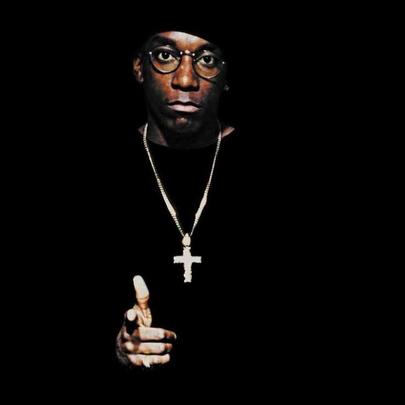
Throughout 1999, Joey reflects the true mindset of any human trying to live with the past on their back. He utilizes his own skill set to push forward, while his background and love for days gone by give him direction. Joey was born in 1995, the primetime of New York Hip Hop. Big L, Jay Z, Biggie, Nas, they all ran circles around the New York rap circuit back then. The sounds of 1999 are a mirror image of this long gone renaissance, either in MF DOOM produced instrumentals or lyrical smack downs like in “Survival Tactics”. It’s a buffet of Joey’s past, evoking the glory days where Lauryn Hill sang about ruling the world and DJ Premier was as in as much demand as Pierre Bourne today.
The difference between the sounds then and the 1999 tape is a sense of reverence, of childlike invincibility over these same beats. How much worry did you have as a child? Not much: we always had our songs to go back to, our loved ones to go to when times were bad. Now, as we grow up and face life in its big ugly face, we crave that super-powered lack of stress. Joey delivers that in spades, and reminds us of those seemingly problem-free days with pure energy and comfortability on the mic. In a way, it sounds like he’s been listening to these beats since a child, waiting for this exact moment to rap what he’s wanted to say for so long. This young energy reminds me of times when I would listen to old Jay-Z instrumentals at 12 years old, learning to freestyle over the beats so I could feel like I was Jigga himself. Granted, my attempts may have been awful, but so many children stuck onto their favorites, to their musical roots. Like so many others that cling onto a single line, that one instrumental that inspires our inner artist.
Perhaps our childhood is considered as a great time because of rose tinted nostalgia goggles, but it’s something deeper than that in hip hop, for both the fans and the rappers themselves. Our formative years are spent learning, absorbing everything we can from our elders and the verses we hear. Joey is simply channeling this New York grit, this lyrical cunning, and shooting it out of his vocal chords as a way of demonstrating what his upbringing did to him and so many other kids growing up around the age of the Illmatics and Blueprints. It’s not to far off to compare it to how one speaks English in a particular accent: if you’re from Miami, you’ll have a Miami accent, New Yorkers have a New York accent, etc.
Representative of the Game–
“Momma told me follow dreams, should never have to ask her, to
Joey does more than linger on his roots; he wants to be one of the greats, to be the inspiration and competitor to so many other rappers.
So that’s what I do, became an MC master
Since then it’s been a disaster for you and your favorite rapper”
Many artists in the game today are of an age with Joey, and cite the influence of the greats in their music. Big KRIT with UGK, Kendrick Lamar with 2Pac…the breadth of rappers’ models for success shows that rap has become as historied as any genre. As people, we’ve been subtly influenced by our own role models to be the best we can be, or straight up copy them. Joey’s execution of the New York sound does more than just celebrate his own memories; he’s acting as a representative of the current generation with his own blend of modern self awareness and love for rap. When he rewrites Nas’s hook for “Suspect” on the Pro-Era cypher “Third Eye S**t” or effortlessly raps on the J Dilla “Strugglin’” beat for “Where It’$ At”, he reflects the influence the past has on our present experience. His DNA is rife with the New York influence, but is still unique on its own right; he’s more of a social guy, cocky with his weed, his bars and his women. Our past doesn’t give us a rigid formula to live by, but rather gives us the tools to forge our own path. Joey makes his own decisions, paints his own life story with his own color palette, following in the direction of his forefathers while avoiding their exact footprints. We’ve seen the struggle the greats had to overcome: the hatred, bigotry, doubt. But now we choose to succeed in our own way today, just as Joey overcame his young age to cement himself as a voice for his city.
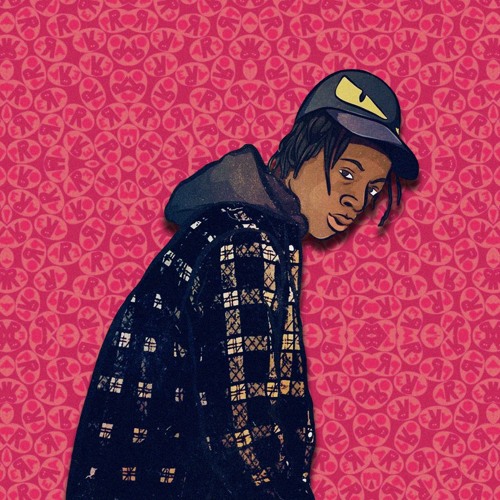
Joey does not stick with being a 90s old head, even on 1999. His appreciation of the art form is tangible, true, but he delves into himself, his current environment, and pushes the envelope when necessary. A lot of hip hop fans have always appreciated the past, as do people in general pine for the good old days. But our present and our future are just as important for our growth. As I sit down to listen to 1999, it feels like its own living, breathing thing. Just as we are as fans of rap, always looking for the next great album beyond the classics we know.
We are made of our past. We are made of our present. And that is what makes our future. 1999, even if its title lies in the past, still proves that our roots trace to whatever beautiful thing we may end up being. We are not fully defined by our past, but we feel its influence every day. There is no true way to show what the past and present do to us today, but 1999 is the closest we’ll ever get to hearing that same effect on a rap record…
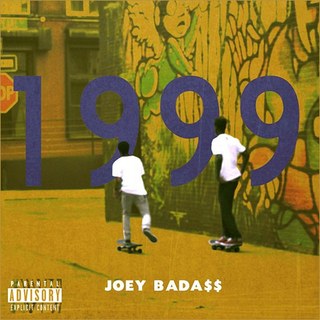
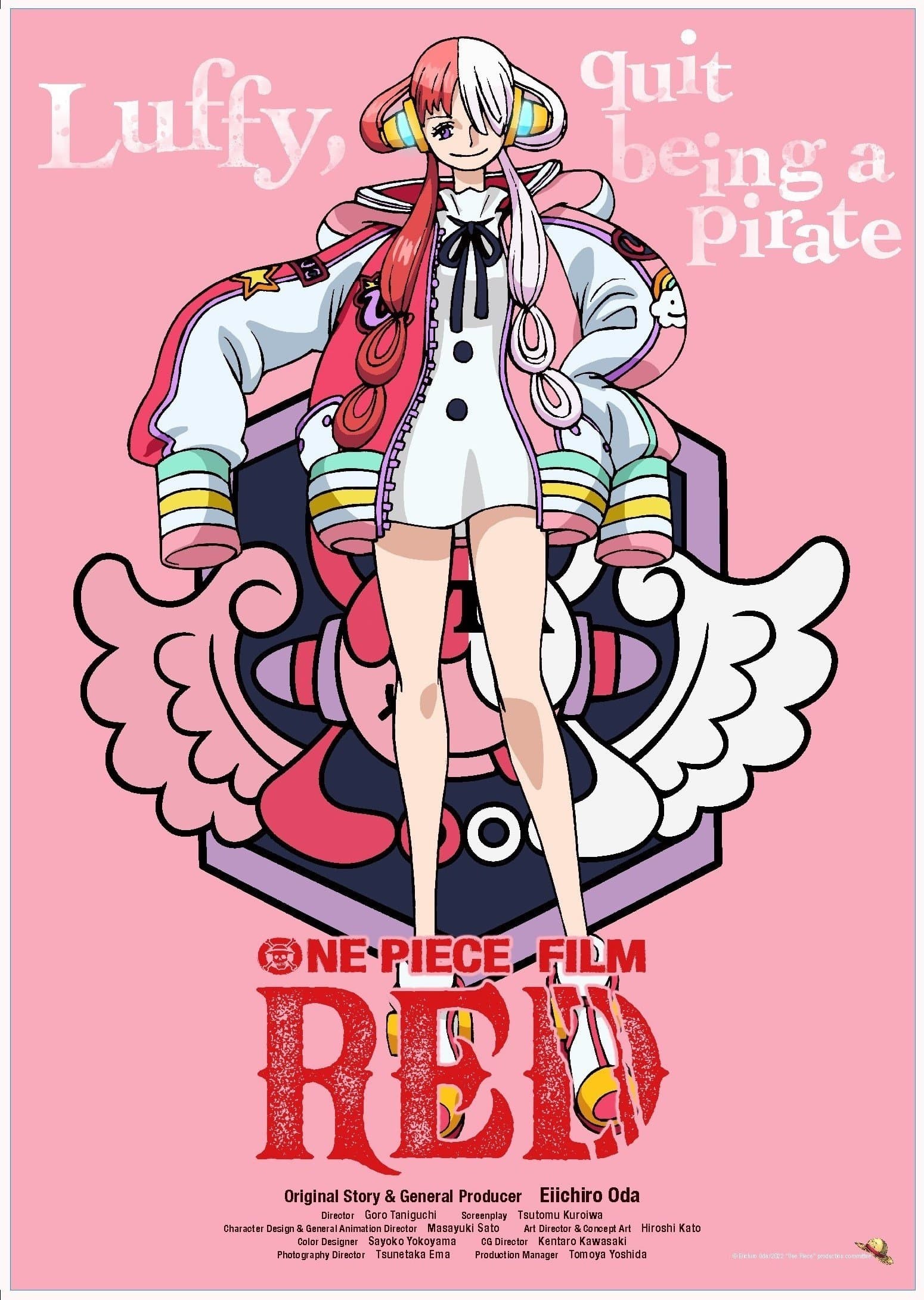
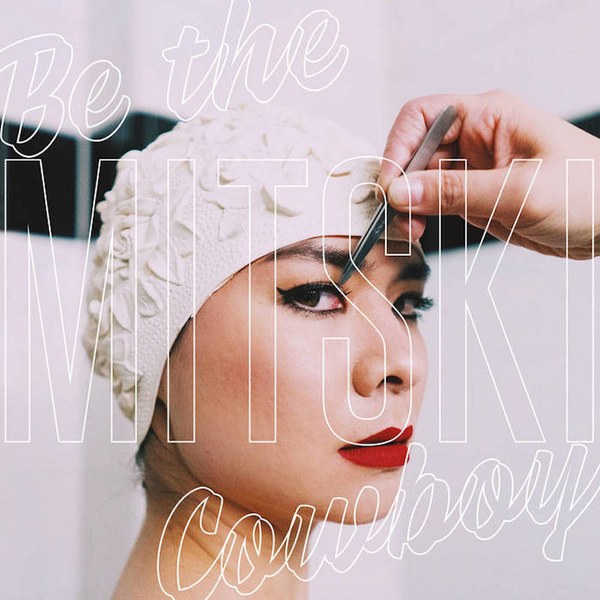
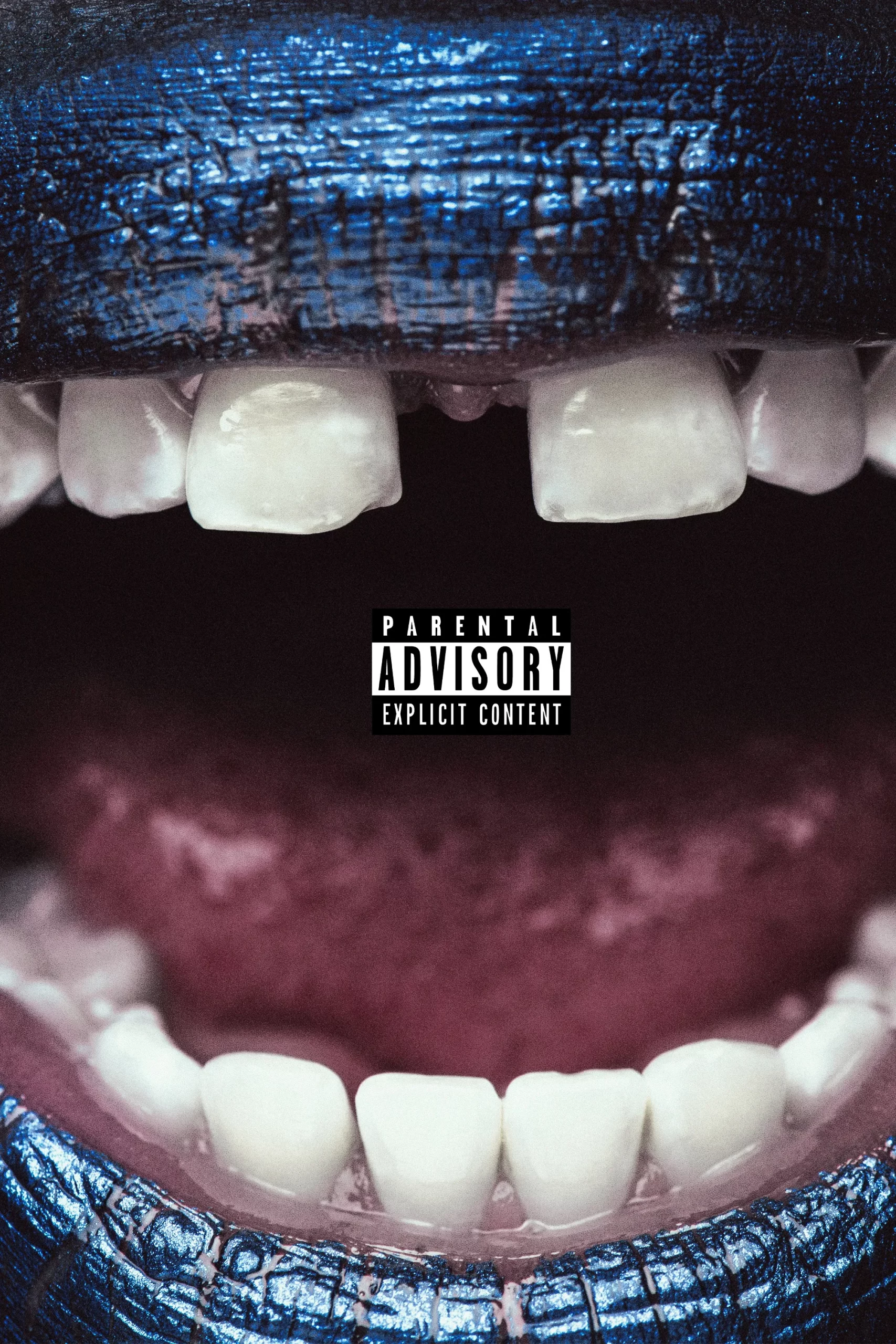
Outstanding T! Love it.! Great work! Can wait to take a ride on the 1999 time machine!
Hola! I’ve been following your web site for some time now and finally got the courage to go ahead and give you a shout out from Humble Tx! Just wanted to tell you keep up the fantastic work!
Does your site have a contact page? I’m having problems locating it but, I’d like to send you an email. I’ve got some creative ideas for your blog you might be interested in hearing. Either way, great blog and I look forward to seeing it develop over time.